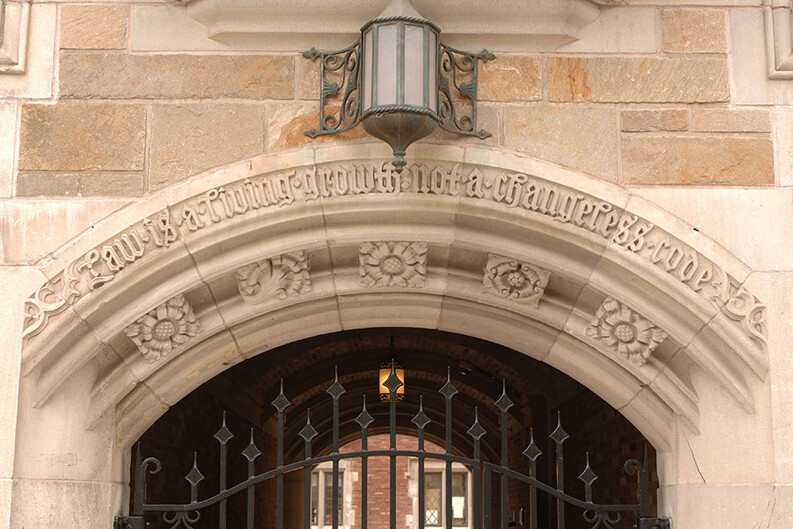Justice Collaboratory Releases Report on NYC Citizen Engagement with Government

The Justice Collaboratory4 at Yale Law School has released a report based on a community study completed on behalf of the New York City Mayor’s Office of Criminal Justice (MOCJ) looking into New Yorkers’ engagement with the city government.
The study, conducted from 2017–2018, focused on three broad themes: residents’ perceptions of and involvement in the life of their neighborhoods; knowledge of municipal services and participation in city government; and perceptions of fairness, or lack thereof, in resident’ dealings with the New York Police Department. The findings were released on November 13, 2019.
The project design consisted of a phone-based survey with 2,500 adult residents of the five boroughs of New York City plus an additional 200 semi-structured in-person interviews with volunteers from the initial survey.

Among the main findings, the study concluded that neighborhoods are an important part of New Yorkers’ identities and lives — respondents reported relying heavily on local services and valuing positive relationships with neighbors and a “sense of community.” Revealing quotes from the final report offer further insight into participants’ definition of “community” and comments on the most positive and negative qualities of their neighborhoods.
Regarding public services, the study found that despite a positive overall perception of the New York City government, views on inclusion, safety, transparency, access to basic services and procedural justice in the criminal justice system vary significantly by race, income strata, gender, neighborhood, and previous police contact. Perhaps unsurprisingly, low perceptions of voice, transparency and fairness — central pillars of procedural justice — are concentrated in low-income areas where most residents are Black and Black Hispanic, according to the study.
The study also found that the New York Police Department (NYPD) has the highest profile among city agencies, with more mentions than the Departments of Sanitation, Transportation, and Education. Where interactions between communities and the police are discussed, the report highlights a unique finding, worthy of further exploration: when community outreach efforts by the NYPD are perceived as sincere, they help promote trust and foster cooperative relationships between the police and residents. However, when residents perceive efforts as insincere, they tend to view the NYPD as less legitimate than those who are not even aware of such initiatives, the study shows. This suggests that police-led efforts to build community trust may backfire when people do not believe that they are actually intended to help the community.
In one of its recommendations, the study suggests that the city government develops a more nuanced understanding of determinants of perceived sincerity. As a first step, it proposes New York City should create a database of police-led initiatives. Additional research could test how such initiatives are related to legitimacy and cooperation based on whether people perceive them as consistent with changes in police behavior. As the research team ponders, however, police-led outreach initiatives are not likely to effectively build trust on their own, but rather complement substantive improvements in procedurally just police behavior.
Detailed findings about respondents’ experiences with the NYPD in their neighborhoods, procedural justice during police stops, and perceptions of police legitimacy and effectiveness broken down by race can be found in the full report available here. An executive summary is also available.
The Justice Collaboratory brings together an interdisciplinary group of scholars and researchers at Yale University and elsewhere to work on issues related to institutional reform and policy innovation and advancement. The Collaboratory infuses theory and empirical research to achieve the goal of making the components of criminal justice operations simultaneously more effective, just, and democratic.


